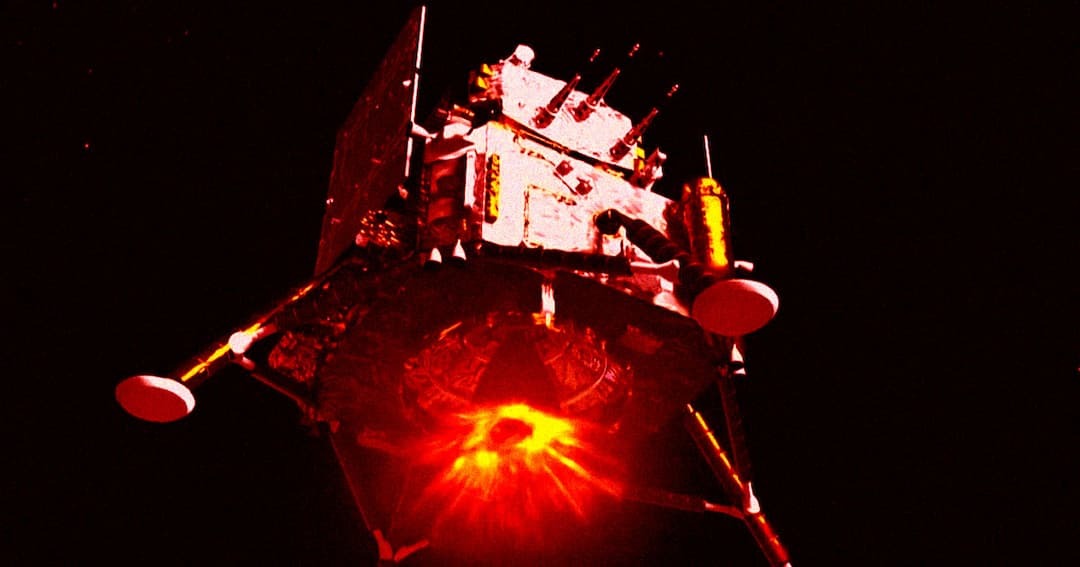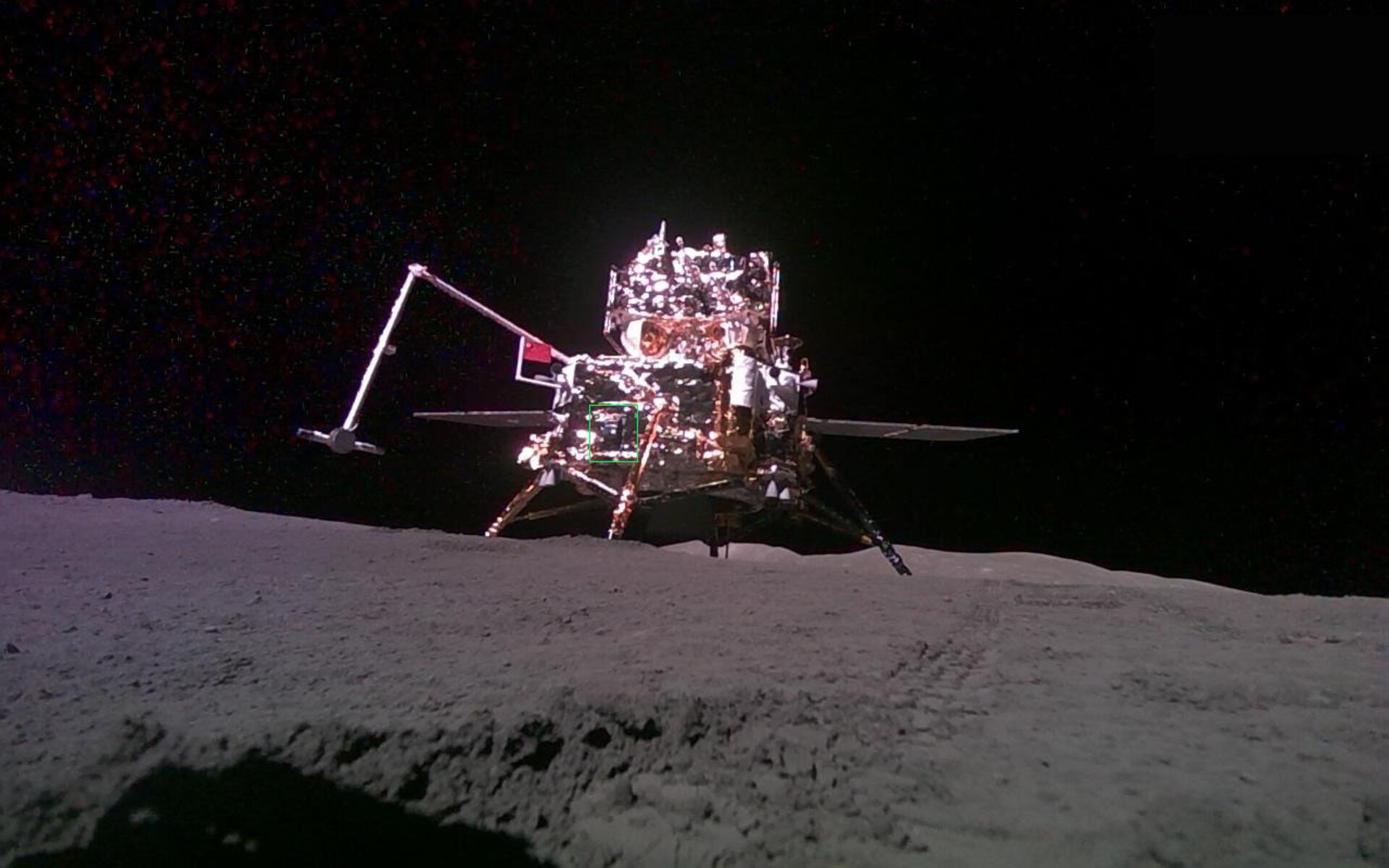Last week, China’s Chang’e-6 lunar probe successfully landed in Inner Mongolia with the first samples ever collected on the far side of the Moon. This event excited the international scientific community, because the far side of the Moon, which is permanently turned to the Earth, remains mysterious. Until now, only China had made landings on its reverse surface.

However, the U.S. will not be able to examine these samples because of the 2011 “Wolf Amendment,” which prohibits NASA from using government funds to collaborate with China without confirmation from the FBI unless the collaboration threatens national security or would result in a technology leak. The law has become a point of contention between political factions in the United States, as some see China as a new adversary in space and others seek to capitalize on its successes in favor of science.
Bian Zhigang, vice chairman of the China National Space Administration, said that removing this obstacle would allow the U.S. and China to begin regular aerospace cooperation. China said the Chang’e-6 returned nearly two kilograms of samples from the far side of the Moon. While this is not the largest sample, as the Apollo mission was able to return a record 11 kilograms of lunar material in 1972, it is the first sample delivered from the far side of the Moon.
Mysterious far side of the moon
The surface of the far side of the Moon is extremely rocky and covered with craters, making it difficult to explore. The Chang’e-6 mission may provide answers to questions about local resources that future explorers could utilize, particularly water ice.

Although China is cooperating with many countries on this mission, the U.S. will probably not be involved in analyzing the samples because of the “Wolf Amendment.” At the same time, China is open to international cooperation. Liu Yunfeng, director of international cooperation at the China National Space Administration, invited scientists from around the world to apply to study the samples.
The Wolf Amendment was intended to put pressure on China to improve its human rights record, but the desired changes have not occurred. But China has made significant strides in the space industry, sending several lunar rovers to the Moon and launching its own space station.
While cooperation between NASA and China on sample research remains unlikely, the space agency has encouraged scientists to apply to study samples returned by the Chang’e-5 mission in 2020. China now has a strong position in space exploration, well ahead of NASA, which last landed on the Moon more than half a century ago.
According to futurism.com


